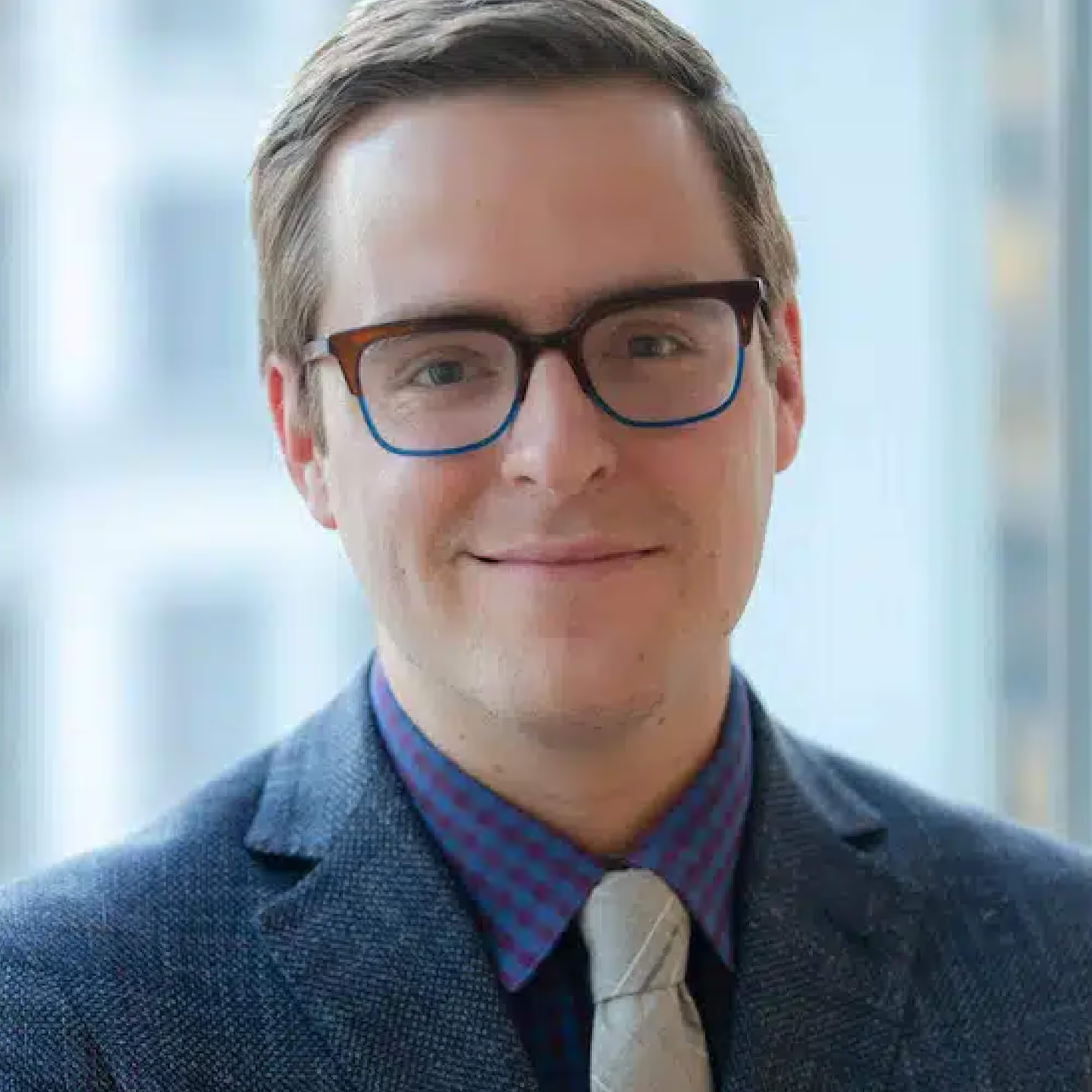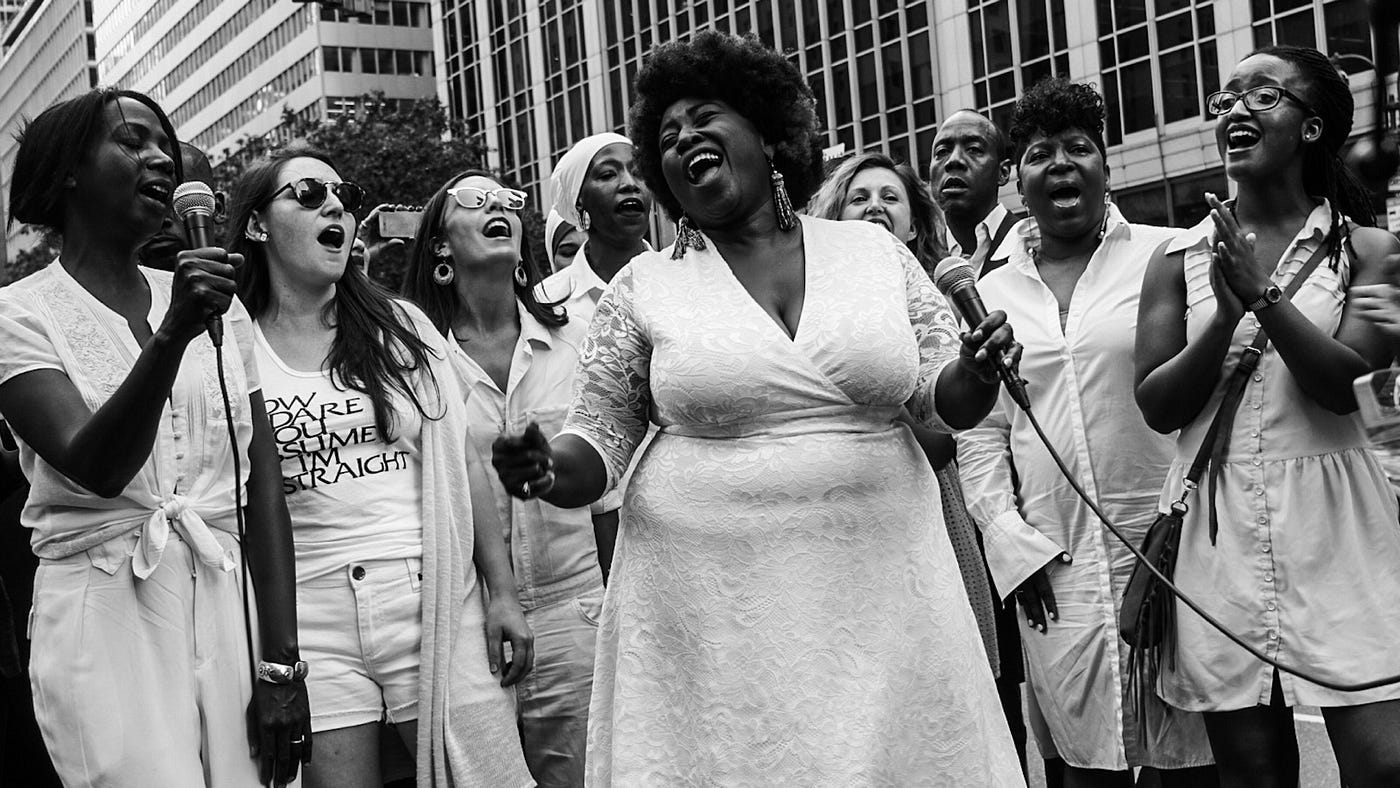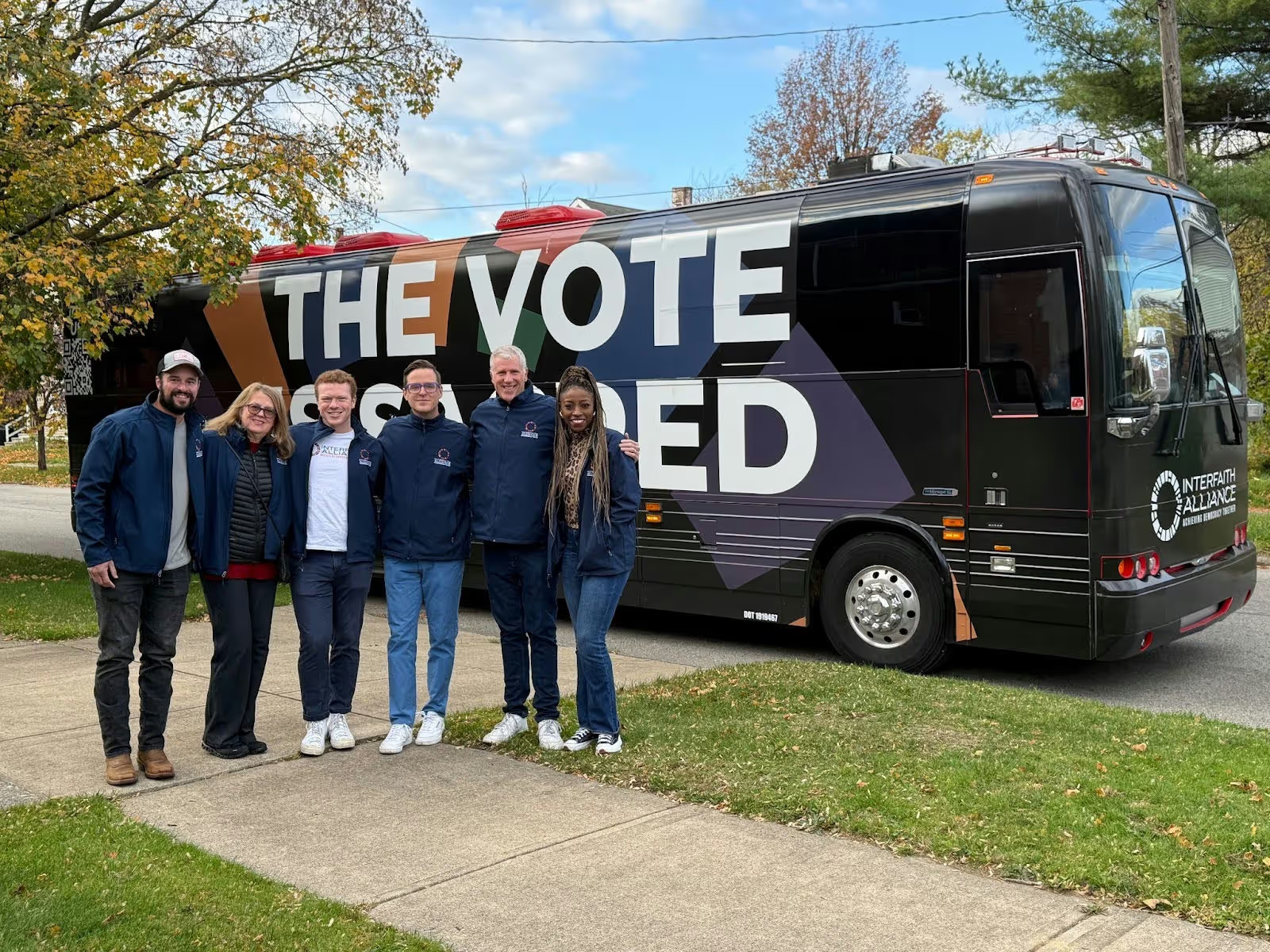
General
The Vote is Sacred Tour: Michigan
On Friday, we began the day in Hammond, Indiana. We stopped for a private event in Kalamazoo, Michigan, which rejuvenated the bus rides after five days of events.
We were also joined on the bus for the remainder of the tour by Ekemini Uwan, a public theologian, international human rights activist, and co-author of the 2023 NAACP Image Award Nominated book Truth’s Table: Black Women’s Musings on Life, Love, and Liberation. She co-hosts the award-winning podcast Truth's Table and Get In The Word With Truth’s Table. We’re excited to have Ekemini onboard!
Religion News Service published an in-depth report on our tour stop in Madison, Wisconsin. “Wednesday’s press conference was part of an interfaith pro-voting bus tour across swing states that began in Nebraska and will end on election day in Pennsylvania,” RNS reported. “Raushenbush and other leaders hope to encourage people to get out and vote, no matter their faith — and to remind the public that no one faith group has a monopoly on how religion should affect the upcoming election.”
During the long drive from Kalamazoo to Cleveland, I put together some of the highlights of the tour so far into a video compilation. You can watch it here:
Transcript
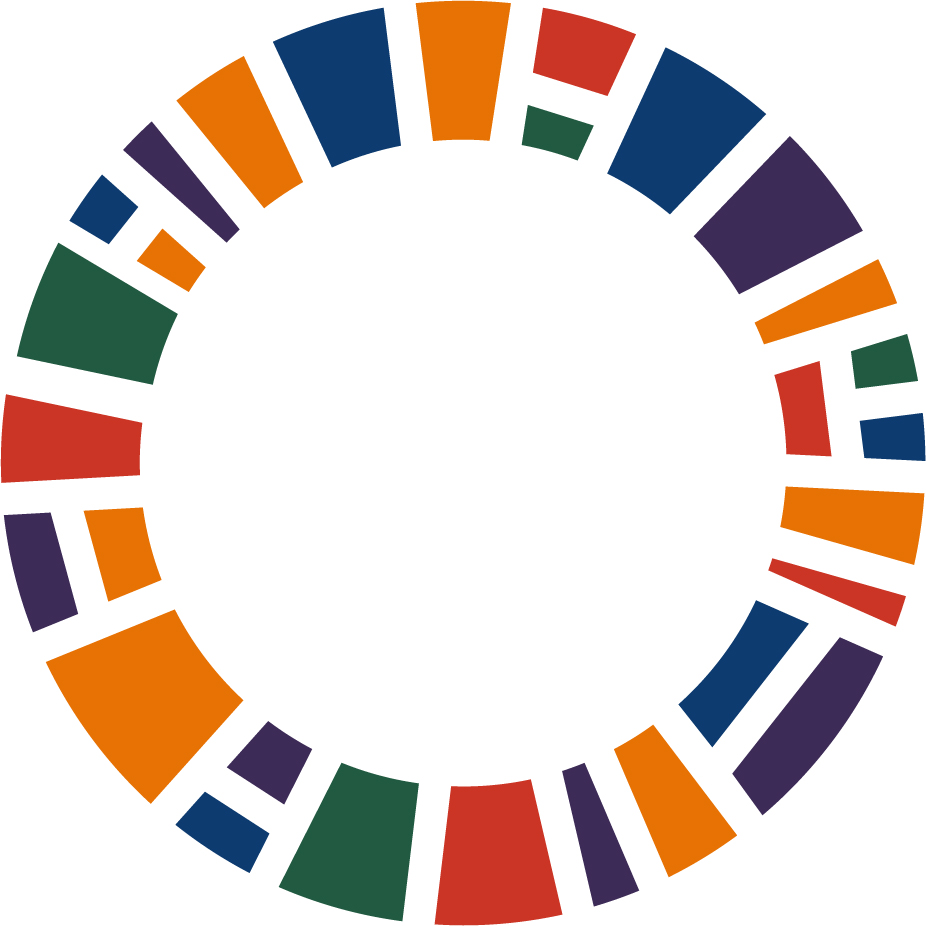
Announcing the 2025-2026 Interfaith Leadership Network Fellows
Interfaith Alliance is proud to announce the 2025–2026 cohort of the Interfaith Leadership Network, an extraordinary group of clergy, pro-democracy advocates, and community leaders advancing civil rights, inclusive religious freedom, and democracy in communities across the country. Through practical support, funding, and a powerful peer network, these fellows will mobilize interfaith collaboration to confront urgent local challenges and strengthen a pluralistic democracy.
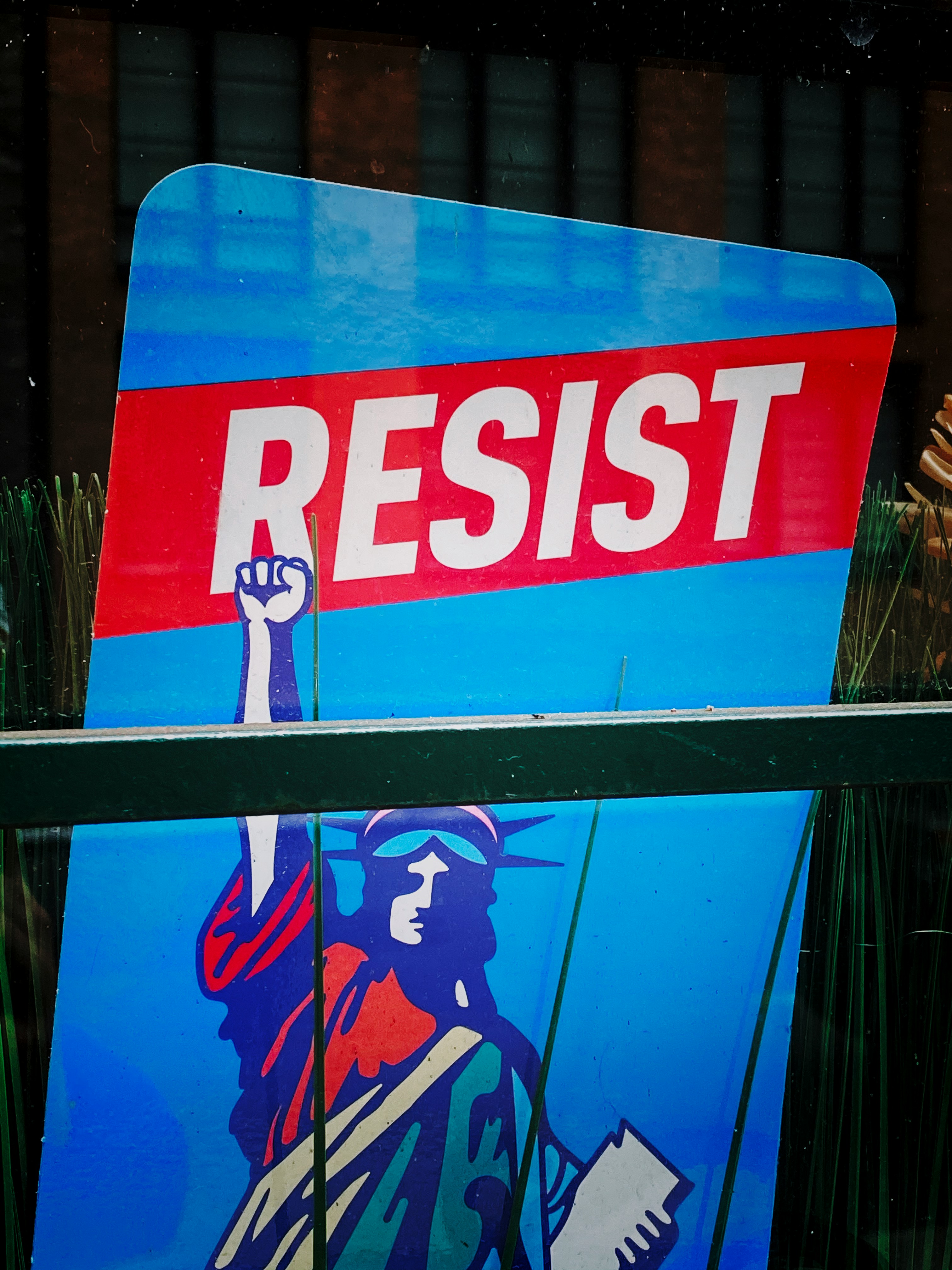
One Year of The Trump Administration’s Attacks on Faith Communities and Abuse of Religion
Over its first year, the Trump administration has weaponized religion to advance a white Christian nationalist agenda, attacking faith leaders, houses of worship, immigrants, and religious minorities while undermining core principles of religious freedom. Even as federal power has been used to intimidate and exclude, faith communities across traditions have mobilized to defend democracy, pluralism, and the right of all people to practice their beliefs.
